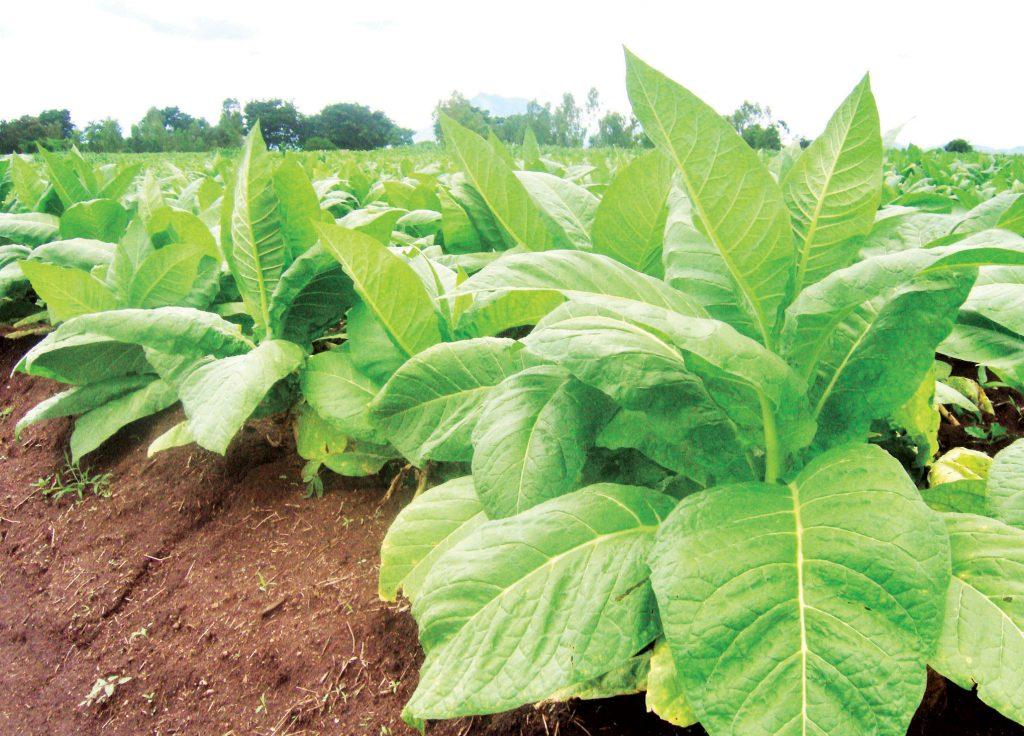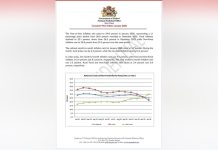Africa-Press – Malawi. Investment advisory and management firm, Nico Asset Managers, says the trade deficit is poised to continue worsening as Malawi grapples to tame its appetite for imports. Major imports which see Malawi spending billions of dollars on them include fuel and farm inputs.
Figures contained in its September Monthly Economic Report show that, in July for example, merchandise trade deficit worsened to $179.30 million (K147.20 billion) from $90.40 million (K74.50 billion) recorded in the previous month and $186.60 million (K140.40 billion) recorded in July 2020. The widening of the trade deficit was explained by a seasonal drop in exports, coupled with a rise in imports in the review month.
Particularly, exports declined by $45.50 million (K37.00 billion) to $116.20 million (K94 billion) mainly due to a seasonal drop of $44.00 million (K35.70 billion) in pulses and oil seed to $31.80 million (K25.90 billion) and $1.70 million ($1.40 billion) in tea exports to $5.90 million (K4.80 billion.
On the contrary, imports increased by $43.30 million (K35.40 billion) to $295.50 million (K241.60 billion) in the month under review. The outturn was largely explained by increases of $20.60 million (K16.80 billion), $4.30 million (K3.50 billion), and $1.80 million (K1.50 billion) in importation of fuels, pharmaceuticals and fertilisers to $48.10 million (K39.30 billion), $15.50 million (K12.60 billion), and $9.60 billion (K7.80 billion), respectively.
“Overall, Malawi’s terms of trade are expected to deteriorate in 2021,” the report reads.
It says the gap between value exports and imports is expected to remain wide as oil prices are projected to rise by an annual average of 42.00 percent to $58.50 per barrel in 2021 and to remain above $50.00 per barrel over the medium-term.
It further spells doom as the projection could be revised upwards as global oil prices continue to rise due to disruptions in supply and the effects of Hurricane Ida on oil production, which may result in further increases to the country’s import bill. Nico Asset Managers has since advised the government to review the export basket to shield earnings from global price volatility.
“The high demand for imports will exert further downward pressure on the Kwacha versus currencies of Malawi’s trading partners. The depreciation of the Kwacha may enhance the competitiveness of Malawi’s exports as they become cheaper, potentially narrowing the trade deficit,” the report reads.
Ministry of Trade spokesperson Mayeso Msokera said, in a written response to a questionnaire, that the government was aware of the trends and had put in place mechanisms that would help it contain the pressure. These mechanisms, according to Msokera, aim at positioning and promoting more sustainable exports that can command good prices relative to imports.
He said they included advancing production of value-added manufactured products such as pharmaceuticals, agro-processing, industrial hemp, mining products, macadamia, oil seeds, poultry, plastic and plastic products.
“These have strong potential to boost our exports and, more importantly, complement other monetary policy instruments that are implemented through the Reserve Bank of Malawi,” he said.
Meanwhile, the Reserve Bank of Malawi, has expressed optimism that economic activities will rebound, a situation which would propel growth of the economy.
Malawi is vulnerable to external shocks due to its narrow export base against its unquenched appetite for borrowing. Justin Mkweu is a fast growing reporter who currently works with Times Group on the business desk. He is however flexible as he also writes about current affairs and national issues.
For More News And Analysis About Malawi Follow Africa-Press






